One of the wonderful things about the folk tradition in music is that you learn so much from people you know, sometimes from relatives, but more often from good friends.
Terry Goller, a remarkable singer and guitar player who taught our whole community about folk music, was — long before we even formed The Flood — one of those inspiring friends.
Terry was on hand for some of the seminal moments in the earliest days of The Flood’s history. And in our antediluvian history as well. For instance, as illustrated above, Goller was one of the first to recognize in the late 1960s the budding Autoharp prowess in his good friend David Peyton.
And a few years later, Terry was the headliner on that magical winter night in 1971 at Ashland (Ky.) Community College, the evening we have called the genesis of the band.
As we noted in an earlier report here, Goller shared the stage that night with Brother Peyton and his partner, fellow Flood co-founder Roger Samples, while Pamela and Charlie Bowen sat in awe in the audience.
Not only that, in August 1972, Terry and his wife Pat were at the very first of those “Bowen Bash” music parties where he introduced us to the music of an exciting new singer/songwriter named John Prine, blowing everyone away.
Terry always tapped into The Next Big Thing. Working on several popular local radio shows, he also was often teaching guitar at music shops and performing at parties and at local folk venues. Though quite busy, he nonetheless usually had time show us a few licks and to tell us the history of the tunes he was playing. (Yes, our love of musical storytelling owes much to Mister Goller.)
Terry died nearly 40 years ago this month, but he's still often on our minds. For example, one of the songs that cropped up at the end of last week’s rehearsal traces directly back to Terry and to our earliest days with him.
In fact, the very first time we ever heard "Dusty Boxcar Wall," it was being sung by Terry Goller and his buddy Dave Bias in the summer of 1967 at the Summit Coffee House on Marshall University’s campus, a beloved venue that Terry himself was instrumental in establishing when he was a sophomore there.
About the Song
So the song was very new when Goller and Bias started singing it. Just two years earlier it had been introduced by composer Eric Andersen on his debut album for Vanguard, “Today is the Highway.”
It has been said that Andersen was the first of the “new Dylans” among the mid-’60s folksinging upstarts. And about the same time that the original Dylan was settling in and conquering New York’s Greenwich Village, Eric was dropping out of college in Geneva, NY, and hitchhiking west to San Francisco to try his luck singing solo in North Beach coffeehouses and seeking out the poets of the Beat Generation.
In liner notes for that first album, Stacey Williams said “Dusty Boxcar Wall” was written “on the Bay Bridge between Berkeley and San Francisco,” adding, “Eric had been performing at the Cabale coffeehouse in Berkeley with a city group that did country music, The Snopes County Camp Followers.”
Wanting to do a solo with the Snopes group, according to Williams, Andersen wrote “this archetypal song of death, love and separation.”
By the way, Berkeley’s famed Cabale coffeehouse was founded in late 1962 by folksinger Debbie Green, who later became the first Mrs. Eric Andersen.
Our Take on the Tune
Flash forward 60 years to the Bowen house.
While Charlie has given his new banjo the nickname of “Buzz Kill,” the instrument actually does have its moments, especially when the tune on the table is of the old folksong variation.

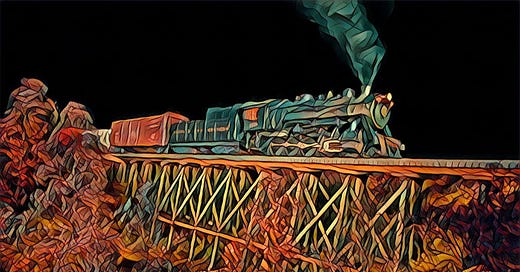



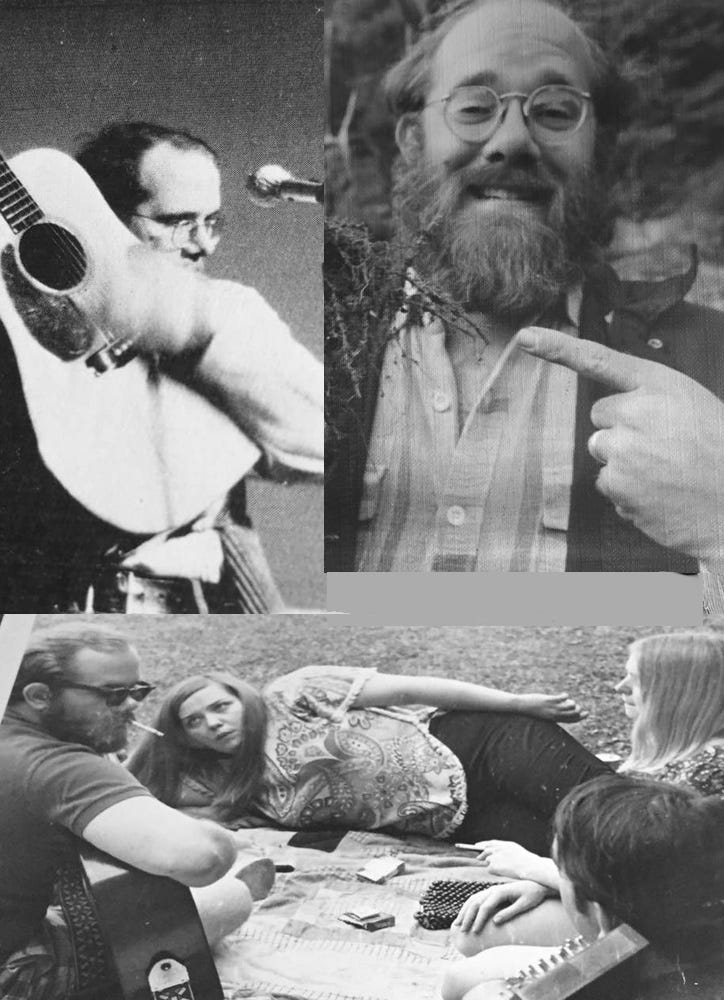
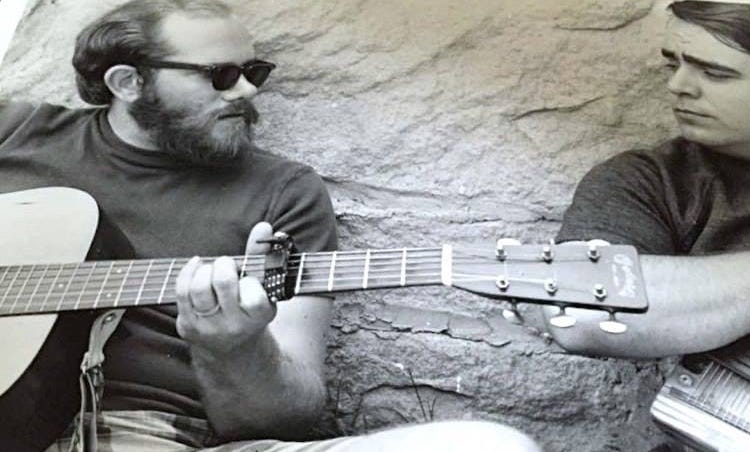
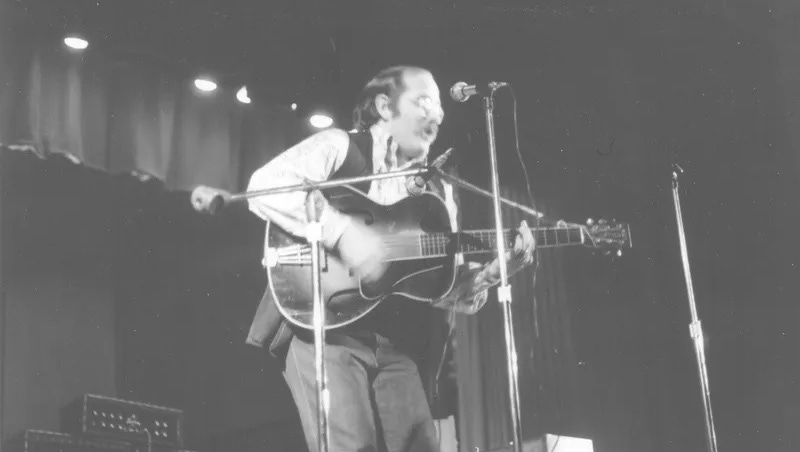
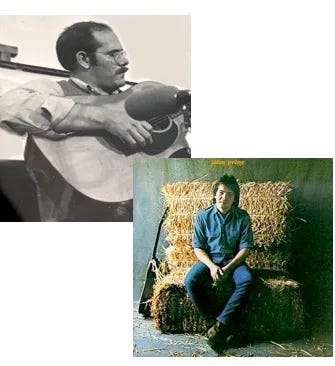
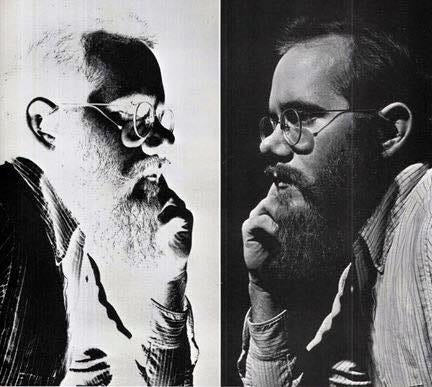

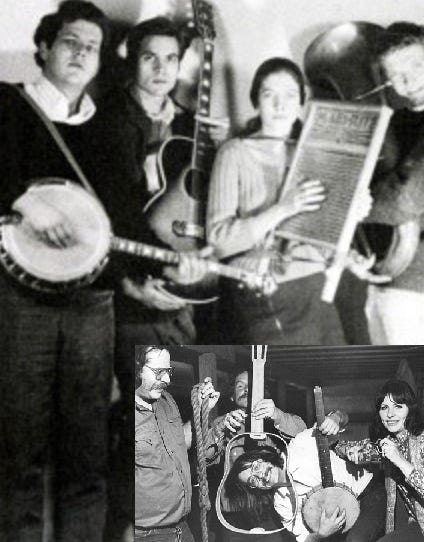
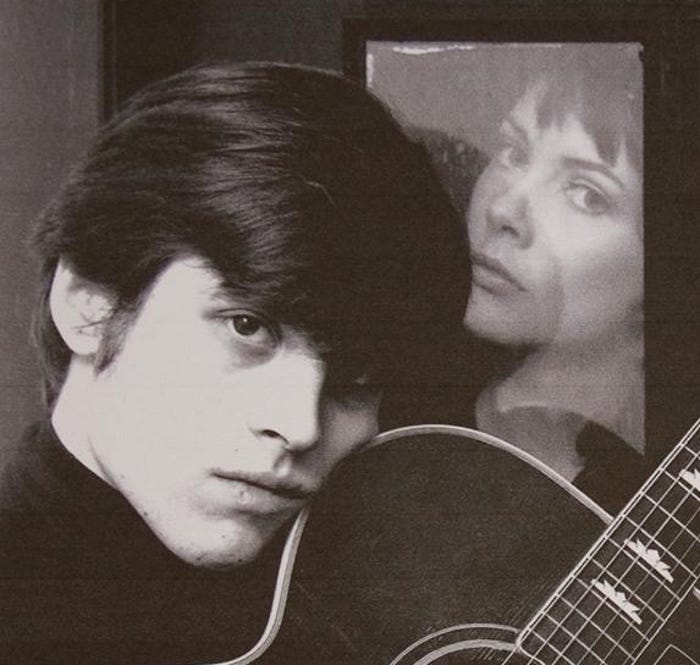
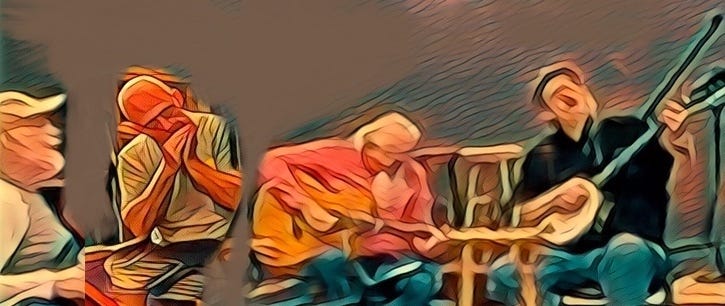





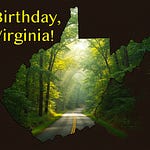
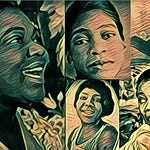
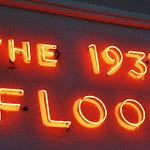
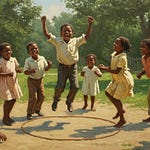
Share this post